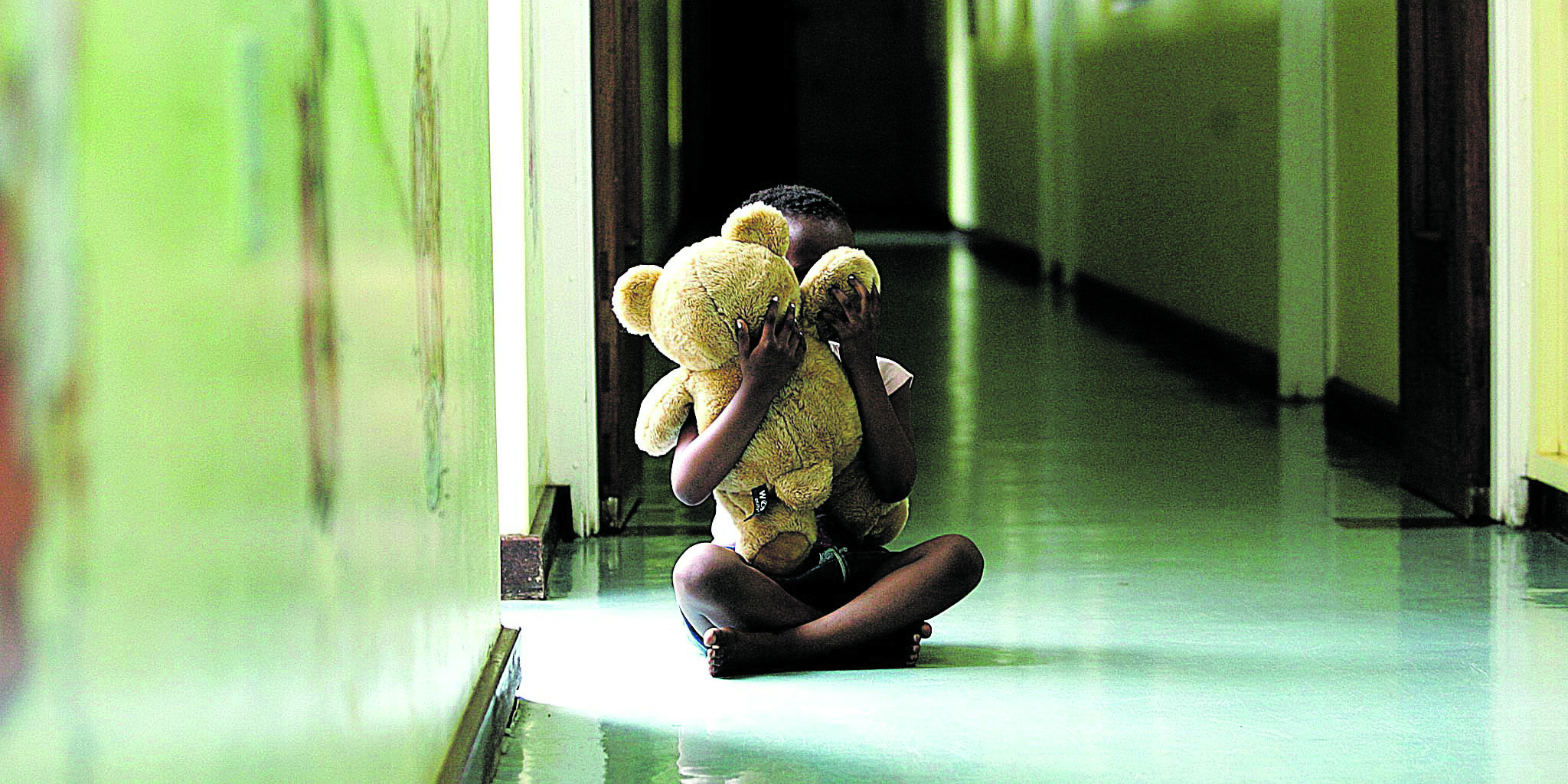In the Christian tradition, the Christmas story is shared with children. It is a story of peace and goodwill, but how can we celebrate when so many children around the world are under attack, both physically and mentally?
In South Africa, children’s rights in section 28 of the Bill of Rights form the basis for the best interest of the child in all matters affecting them.
These rights aim to protect all children up to the age of 18 years from harm, abuse, neglect and exploitation, and there are policies that are supposed to shape and influence the design of children’s services. But experience in our country consistently shows that we dismally fail to meet the needs of children.
We wage war against our children on many fronts. The infrastructure war, for example, continues relentlessly. In June, Amnesty International reported that there were still more than 3,900 pit toilets at our schools.
These basic facilities lack proper sanitation and ventilation, and pose significant health risks, including the spread of diseases like cholera, diarrhoea and typhoid. Poor design and maintenance compromise safety, especially for girls, and they don’t provide privacy or accessibility for children with disabilities.
Pit toilets
The use of pit toilets is unpleasant for children and even traumatic, and contributes to absenteeism and reduced academic focus. Children drown when they accidentally fall into them. This also conflicts with the Constitution, which guarantees the rights to dignity, health and education.
Neglect and abuse are another very real war being fought against children. Last month, a class teacher brought a child to my office at the start of the school day. Lebo was in tears; she had just disclosed that she had been sexually assaulted in her bed.
The next day the mother said that she had taken Lebo to the clinic in Yeoville, and that she was told to take her to Hillbrow Hospital. But she didn’t.
After completing the paperwork, we took the mother and child to the police to make a statement. We walked past the grim cells and were seated in the “child-friendly room” where the walls were brightly painted, with a big teddy bear propped up in the corner.
 Pit toilets at schools have not been eradicated and pose many dangers to small children. (Photo: Sandile Ndlovu / Sowetan / Gallo Images)
Pit toilets at schools have not been eradicated and pose many dangers to small children. (Photo: Sandile Ndlovu / Sowetan / Gallo Images)
The officer in charge spoke to us while she washed dishes in a bucket. She later sat down and took a statement. She offered no comfort to the child and told us the file would be sent to the Yeoville police station.
Two male policemen came to my office the following week to take Lebo’s statement. The fragile 11-year-old was never counselled, and to the best of my knowledge was never examined by the district surgeon.
Emotional neglect
Emotional neglect during childhood is strongly linked to various psychological issues in adulthood, such as depression, anxiety and difficulties in emotion regulation. This underscores the need for targeted interventions to address the long-term psychological impacts of emotional neglect.
The release, last week, of the Trends in International Mathematics and Science Study reminds us of another war against our children. Poor literacy and numeracy skills hinder academic progress and lead to social and emotional challenges, including low self-esteem and social isolation. The life chances of children are reduced and career opportunities are narrowed.
Winning this war is very important in breaking the cycles of poverty and inequality, and equipping children with the skills needed to thrive in a complex world.
Despite South Africa’s commitment to the Convention on the Rights of the Child and other agreements, we still fail our children in numerous ways. Too many children experience widespread poverty, a lack of proper healthcare, exposure to violence and abuse, and inadequate access to good education. Inequality prevents many children from realising their full potential, leaving them vulnerable.
The relentless onslaught against our children is devastating and we cannot remain silent. As citizens, we need to speak out and ensure that fewer children become casualties. DM
Dr Mark Potterton is the director of the Three2Six Refugee Children’s Education Project and Julie Dawjee is a senior school change specialist at the Catholic Institute of Education.
This story first appeared in our weekly Daily Maverick 168 newspaper, which is available countrywide for R35.





 Pit toilets at schools have not been eradicated and pose many dangers to small children. (Photo: Sandile Ndlovu / Sowetan / Gallo Images)
Pit toilets at schools have not been eradicated and pose many dangers to small children. (Photo: Sandile Ndlovu / Sowetan / Gallo Images)